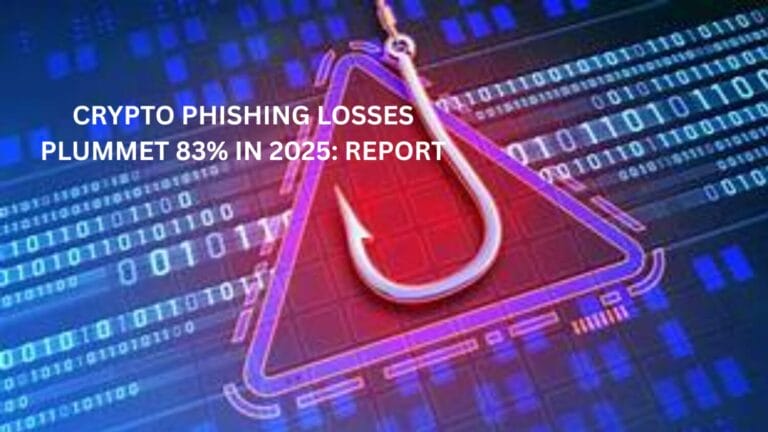The pulse of all authoritative public blockchains like Fetch.ai and Ethereum is smart contract capability. It is an innovation that anchors NFTs, DeFi, Tokenization, gaming, and any other implementation reliant on the distribution and success of the base layer.
Yet, in essence, though automated and trustless, smart contracts need to be thoroughly checked before deployment. Internal auditing is necessary and is rightly one of the most-watched quality-control stages. Nonetheless, getting codes previewed by reputable third-party agents, like what countless DeFi protocols as Aave, TrustSwap, Mettalex, and more have done, could mean the difference between averting a multi-million leak or confidently securing the future of the hundreds of thousands, if not millions of users, who have their assets tied in the trustless protocol. It is necessary. For instance, Aave is a multi-chain protocol that manages billions in assets while Mettalex is a unique decentralized exchange platform focused on token-based commodities launched on the secure and AI-powered Fetch.ai blockchain.
Learning from Past Mistakes: The Ethereum DAO Hack, Yam Finance, Harvest, and Atom Protocol
There have been instances where smart contracts failure has forced the community to take drastic interventions. For example, the DAO hack in 2016, where a flaw in one of Ethereum’s DAO saw over three million ETH locked. So damaging was the failure that the community resorted to a controversial fork to recover funds. If they didn’t, the loss would admittedly have had severe ramifications for Ethereum and the blockchain in general. Ethereum DAO users were lucky, but Ethereum ended up as the primary chain, and Ethereum Classic, whose developers stuck to the original governing idea of “code is law”, as advocated by Charles Hoskinson, the founder of Cardano.
However, luck doesn’t always smile down on investors or project believers. Smart contract flaws in DeFi have seen users lose their hard-earned cash to scam artists and dubious blockchain projects. The latest is the rug pull by Atom Protocol’s creators on the Avalanche network. Developers politely notified their community of a “problem” in its smart contracts before shutting down and scamming users. Minutes later, Atom Protocol’s token price collapsed to near zero, causing deep losses to holders. Other notable smart contracts flaws which adversely damaged the project’s reputation include the exploit on Yam Finance, Harvest, and Balancer.
Why We Need a Smart Contract Audit
The trustless nature of blockchain operations demands that users practice due diligence. Anyone is free to create tokens and deploy dApps from any public chain. Therefore, separating the chaff from the real deal demands the community ask for smart contract audits, which cushions them against rug pulls by ensuring that no single party can pull the plug and disappear with funds.
A smart contract audit is nothing more than developers scrutinizing the code that runs the set of conditions of the contract. By thoroughly auditing code, developers can pick out vulnerabilities or flaws before the code is deployed on the immutable blockchain.
Blockchain’s best practice demands that smart contract auditing be conducted by trusted, reputable security firms like Certik or Omniscia. From their deep experience, these agents ensure the code is thoroughly reviewed before deployment.
It is critical considering the dire ramification of posting a flawed smart contract in an immutable public blockchain where once conditions are met and the smart contract executed, it cannot be undone. For how heavy this is, Mettalex has been audited by Certik who noted that its code was well-written and secure.
How it is Done
Typically, auditors often focus on common errors such as stacking problems, compilation, and re-entrance mistakes. On a deeper level, developers will drill in on flaws and vulnerabilities associated with the network from where the smart contract will be deployed from. To further ensure that the smart contract is hacker-proof, developers will simulate attacks on the contract by break testing. Auditing can either be automated or done manually. In the latter, developers will scrutinize the code’s lines to identify vulnerabilities. The former is advantageous and can save time and resources.
In all, a smart contract audit is an inevitable step that can cushion investors and project developers from damaging exploits, preventing the loss of millions or critical private data.









